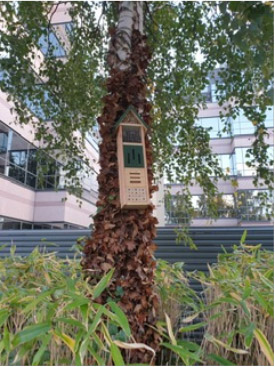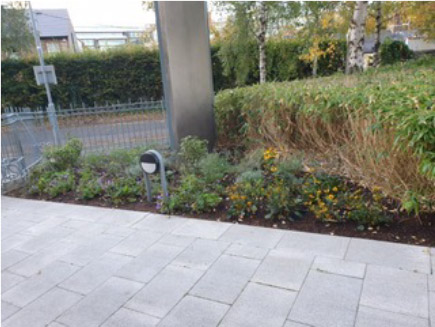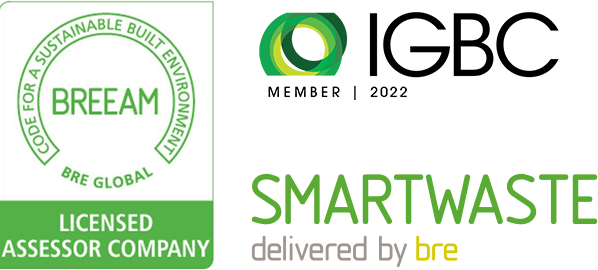Biodiversity and its positive effects – A small change to reduce an asset’s carbon impact.
 Animal populations have experienced an average decline of almost 70% since 1970. This was a result of human actions, mostly in development and agriculture. These actions have led us to an era in which ecosystems are suffering losses that affect us, humans, too.
Animal populations have experienced an average decline of almost 70% since 1970. This was a result of human actions, mostly in development and agriculture. These actions have led us to an era in which ecosystems are suffering losses that affect us, humans, too.
Deforestation, for instance, is one of the culprits in accelerating climate change. The loss of biodiversity is a serious problem and one that we must take seriously. It is not just about animals and plants, but also about humans. We cannot live without nature. The loss of biodiversity means losing the benefits it provides. The extinction of species has far-reaching effects on ecosystems and, consequently, on humans. A study by the World Wildlife Fund (WWF) shows that the disappearance of plants and animals can reduce crop yields by up to 30%.
There is a growing global concern over the rate at which species are disappearing. To face this challenge, corporations around the world have started to collaborate and pledge their commitment towards creating a more bio-diverse environment.
Eliminating bio-diversity loss isn’t just a goal for environmentalists, it is crucial to sustainable economies. Companies like McDonalds are leading the way toward more sustainable policies as well as implementing bio-diversity programs.
The benefits of wild meadows in retail and industrial parks are vast, growing, and complex. It’s hard not to feel concerned about what is happening to our planet through deforestation and climate change, so it’s great to see how meadows can give back.
Over the last few decades, wildflower meadows have become a positive force for change. They are helping to mitigate climate change and reduce the effects of pollution by trapping carbon dioxide, filtering air and water, creating habitats for wildlife, and providing pollinators with nectar.;
Evia carryout an extensive wilding project at Alexandra house for our Bannon Property Management.



